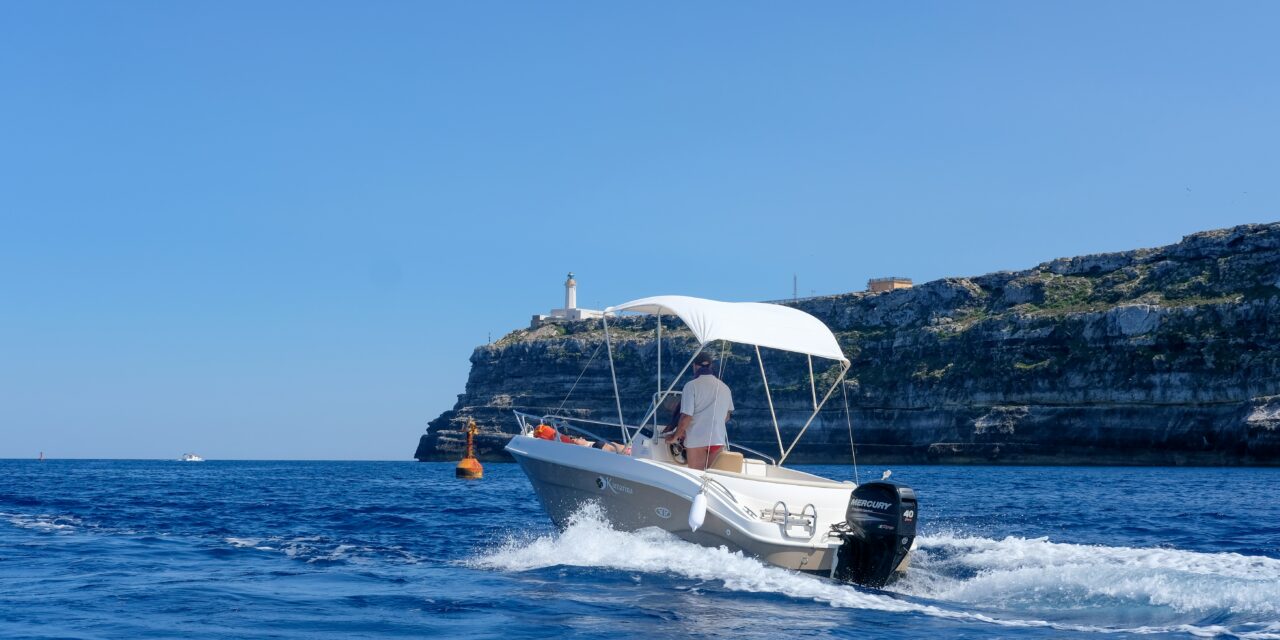If you are a boat owner, you are probably concerned about the best way to store a boat for winter. You know that once the cold and ice hit, it’s time to store your boat in a safe place. Knowing where and how to store a boat, and what steps you should take to winterize your boat can mean the difference between hitting the water once spring comes or paying for costly repairs. Here, we’ll go over the various vehicle storage options for your boat.
Store On or Off the Water?
The first thing you’ll have to figure out is whether you want to store your boat on or off the water. If you have a permanent docking location, it may be tempting to leave your boat where it is.
While it is possible to winter a boat on the water, it can also be risky. As the water cools and freezes, it expands which can lead to damage to your hull and engine. Even in areas where temperatures don’t drop to freezing, boats left in the water over winter can develop blisters on their hull, suffer storm damage, or be a tempting target for theft. To store your boat on water over the winter, you’ll have to take this and many other factors into account and make accommodations.
Rather than risk damaging your boat, it is often preferable to store your boat on land. If you have a very large boat this may not be an option, but if your boat can be towed on a trailer, it is highly recommended to store it on land during the winter. This will allow you to take important precautions that winterize your boat and protect it against the elements.
Indoor or Outdoor?
Once you’ve decided to store your boat on land, you’ll have to figure out where to keep the boat for the winter months. The first decision you’ll have to make is whether to store your boat indoors or outdoors.
In most cases, indoor storage is preferable to outdoor storage. With indoor storage, you won’t have to be as concerned about what type of coverage you put over your boat since it will have greater protection from the elements. At select Price Self Storage facilities, we offer both indoor and outdoor storage options for your boat which will allow you to make the best decision for your particular circumstances.
Whether you choose to store your boat indoors or outdoors, you’ll want to find a storage facility that offers these core features:
- Mechanisms to limit access, such as keypad-controlled access.
- Security cameras and adequate lighting.
- Dedicated storage space for your boat.
These features will not only offer you peace of mind, but they will also minimize the chances of something happening to your boat when it is in storage.
Tips for Winterizing Your Boat
Once you choose a storage facility to house your boat for winter, you still have some work that needs to be done to ensure your boat remains in tip-top shape when spring rolls around.
Here are a few of the most important things to be mindful of when preparing your boat for a winter of inactivity:
- Remove Your Battery – You don’t want to leave your battery in your boat during winter. If you do, your battery will almost certainly be dead when you return in spring. Instead, disconnect the battery from your boat and store it in a dry place like a garage, on pieces of wood.
- Care for Your Engine – Before you winter your boat, you’ll need to take steps to avoid any corrosion in your engine. Fill up your fuel tank and add a fuel stabilizer. Also, have your oil and oil filter changed, and use engine fogging oil to protect the surfaces of your engine against corrosion.
- Drain Your Boat – You’ll want to drain any water from your boat before you store it for winter. Water in your bilge or engine will expand if it freezes, leading to expensive and avoidable repairs come spring.
- Cover It – Whether you store your boat indoors or outdoors, you need to cover it over the winter. Understand from the outset that even the best covers will allow some dust in, so don’t be surprised if you need to give it a thorough wash in spring. Many people use plastic or canvas tarps as a cost-effective covering option. However, a custom-made cover is a great option that offers better protection and is usable for many years, but it is more expensive. Shrink Wrapping also offers great protection, especially against UV light and dirt, but you’ll have to do it every winter.
Final Thoughts
The best way to store a boat during winter is on land and in an indoor storage facility. Outdoor storage is also a good option, but you’ll have to be more meticulous with how you cover your boat to protect it against the elements.
When looking for a space to store your boat for winter, choose a self-storage facility that offers ample space for your boat, has security features for peace of mind, and limits access to the facility. At Price Self Storage, a selection of our facilities offers dedicated boat storage. You can check online or contact us to find a location with vehicle storage near you.
Lastly, be mindful to take certain precautions when storing your boat for winter. Simply storing it somewhere won’t protect it until the winter, which is why you’ll need to winterize it. Removing your battery, topping off your fuel adding a fuel stabilizer, fogging your engine, and covering your boat are all necessary to ensure you aren’t greeted with costly repairs in spring. Don’t forget the added layer of protection that a cover can offer when storing a boat.
The steps you take now will ensure that your boat is ready to hit the water in spring. The most important step is to find the right place for winter boat storage that meets your needs. To learn more about our boat storage options at select Price Self Storage facilities, please contact us today. Our professional and friendly staff is ready to help you find the best storage space for your vehicle!
Sources
- https://www.boatus.com/seaworthy/winter/storing-your-boat-for-the-winter.asp
- https://www.boats.com/how-to/boat-storage/
- https://www.boats.com/how-to/how-to-winterize-a-boat/










